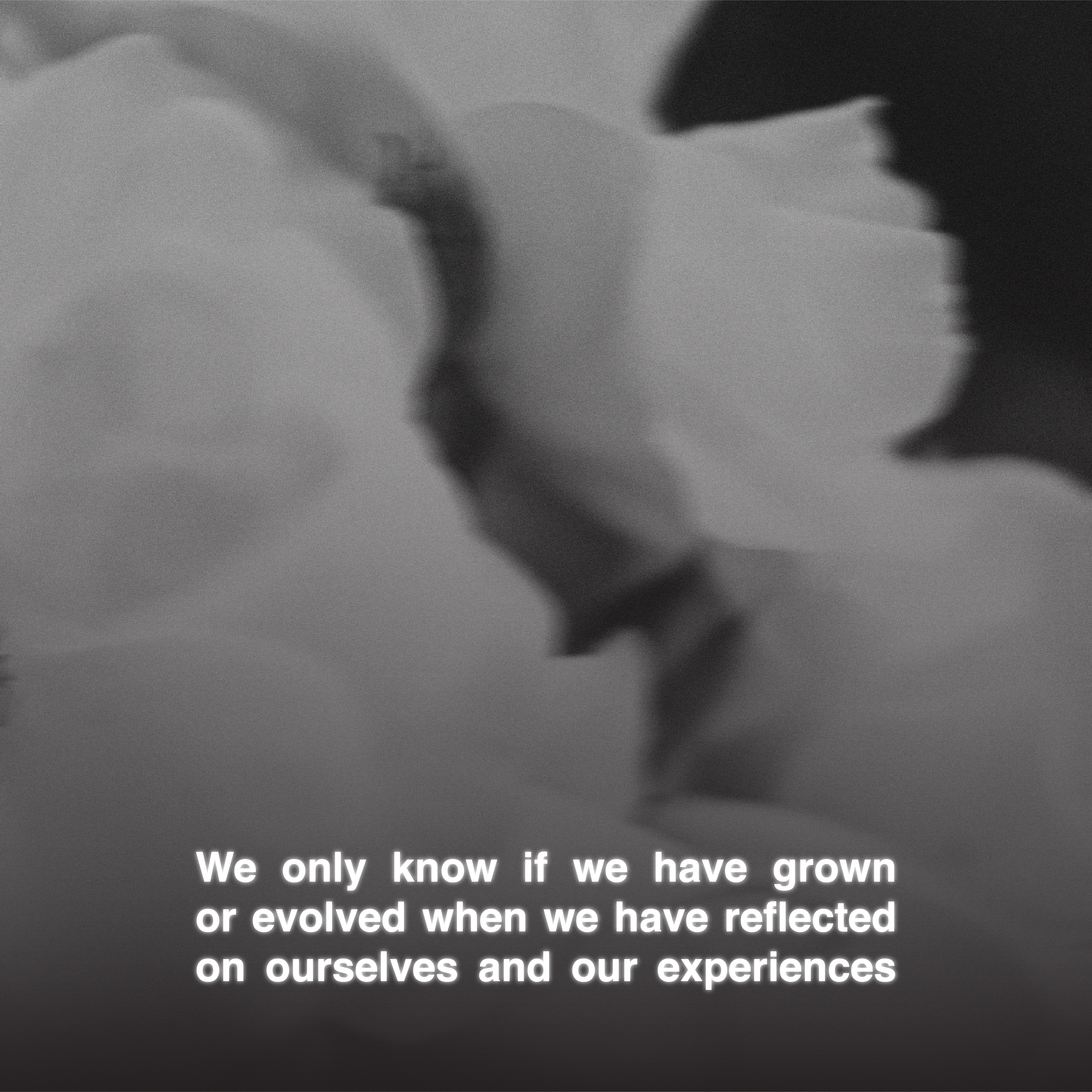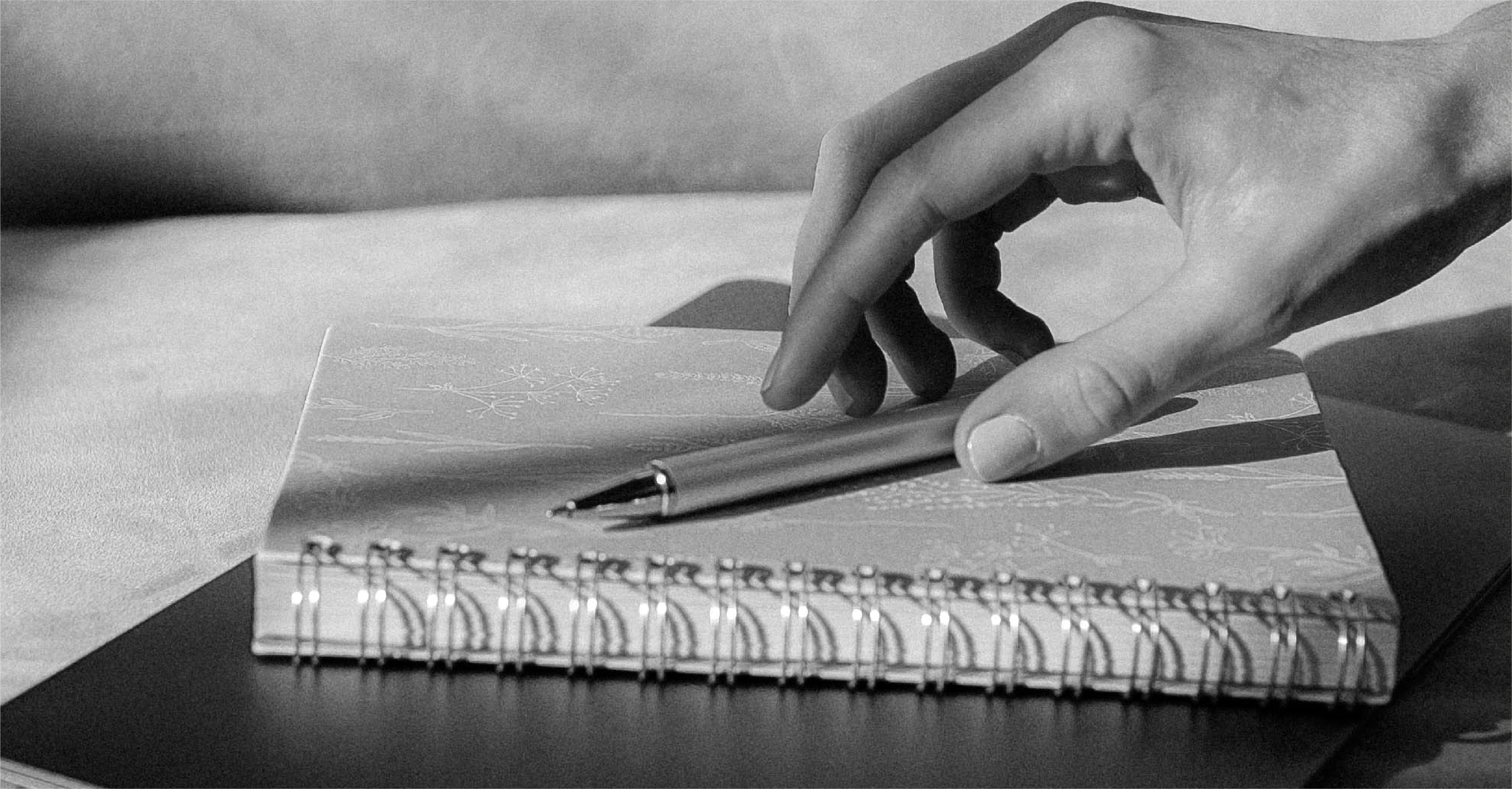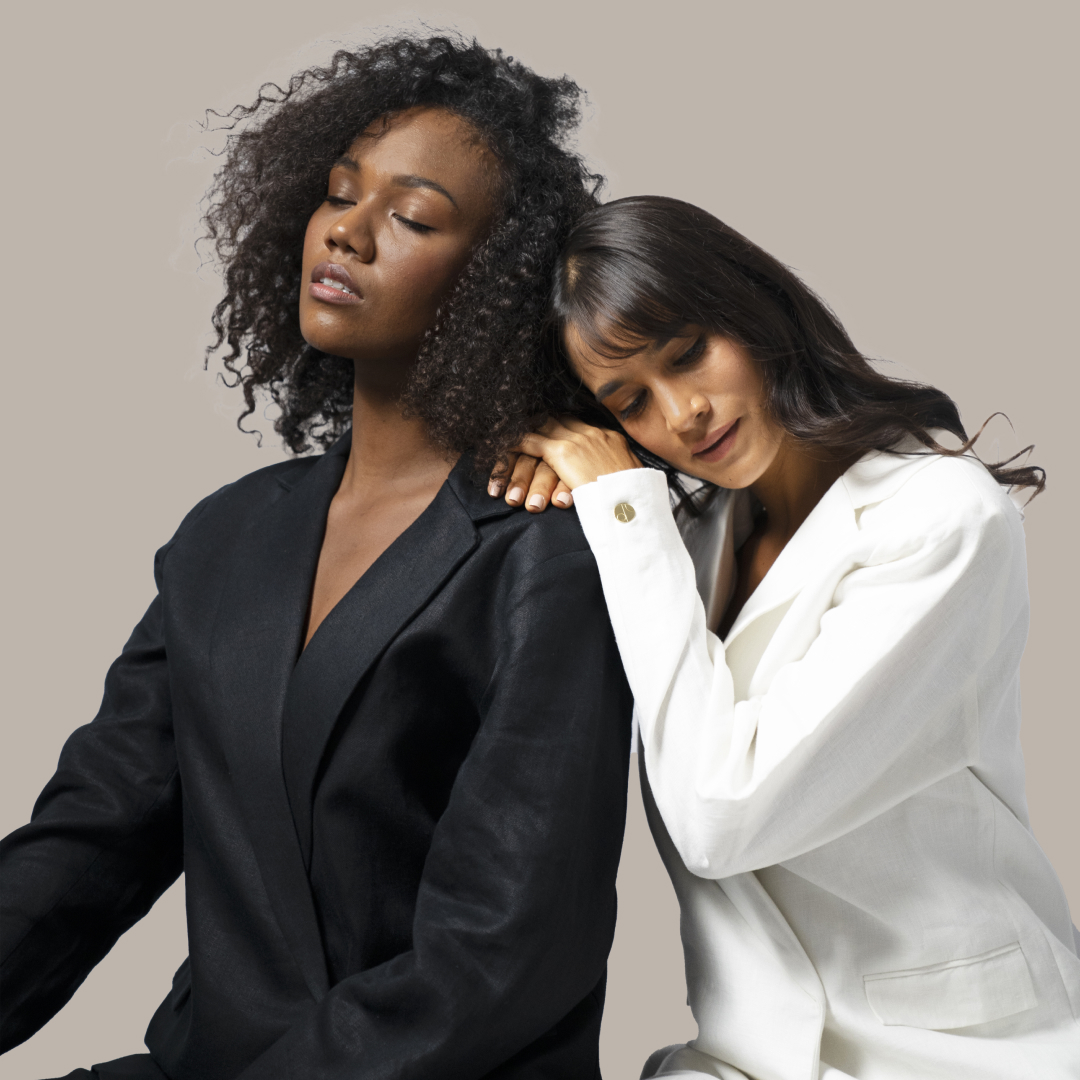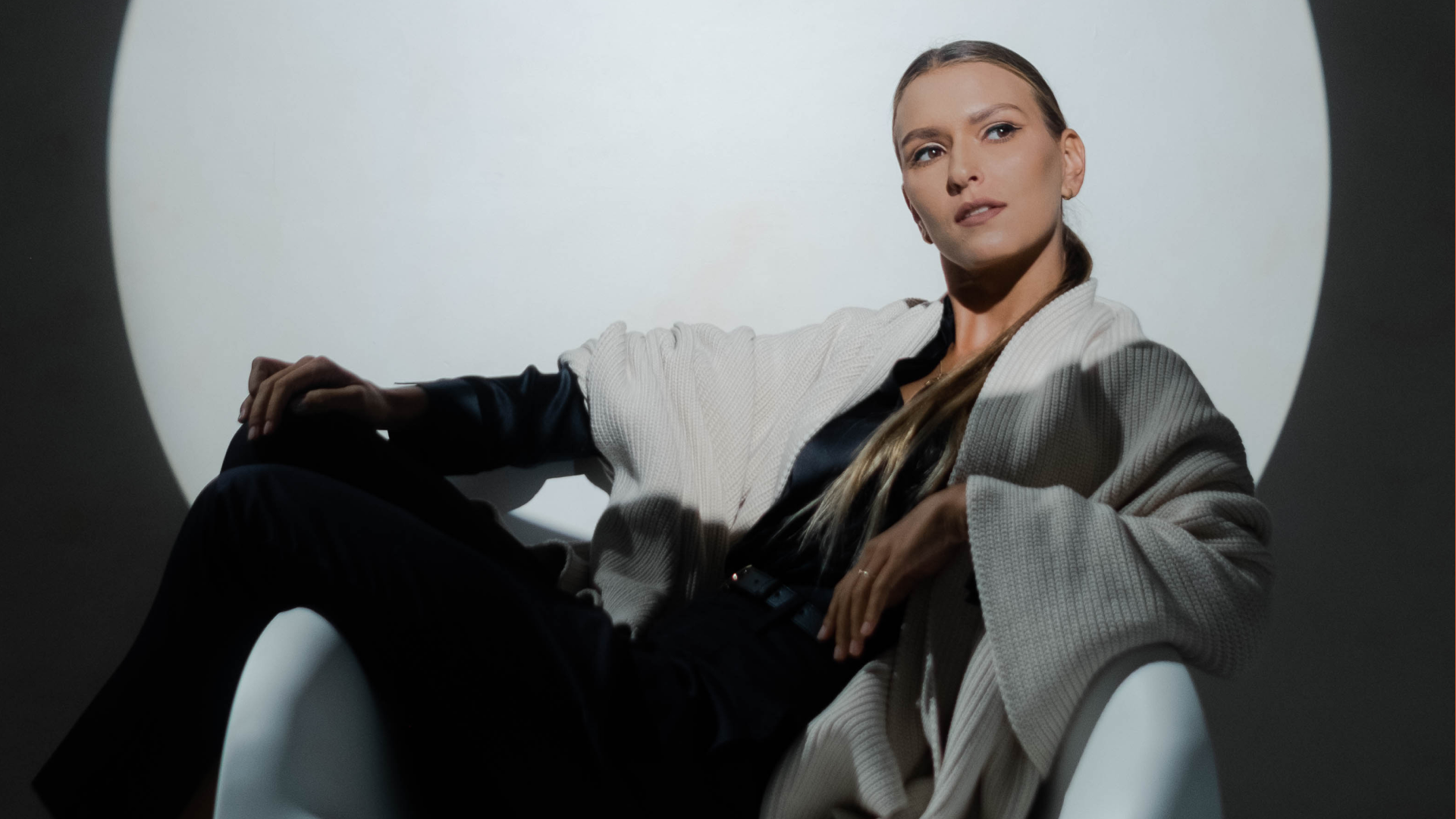A New Year’s Countdown: Time For Self Reflection

We’re fast approaching the new year and soon putting 2021 to an end. The year has brought us some surprises and challenges, but as with the passing of time we can only grow wiser. Self development or personal growth is what we continuously strive to achieve on a yearly, monthly, or even daily basis. We only know if we have grown or evolved when we have reflected on ourselves and our experiences.
Self Reflection
Now’s the best time for self reflection—to look at ourselves and evaluate the good and the bad out of every meaningful experience. Self reflections enable us to stay grounded in our thoughts and attitude, which would then affect our actions. By simply listening to ourselves we are analysing and understanding the self better, which would lead us to self development. The abilities to think, reflect and grow are what makes humans distinct after all.
Self reflection is a crucial part to understanding whether we’re happy and content with our lives. It might sound daunting to do at first, but it will certainly become fruitful for your journey forward.
Methods of self reflection
Reflection can come in many forms. Since we’re getting closer to the New Years countdown, yearly resolutions have become a hot topic. From setting goals to finally crossing them out, New Year’s resolutions are the best part to end and welcome the year!
For now, let us stick to looking at 2021 and all the events happening in the year. How did it affect you? How did it make you feel? These are often the reflective questions that can get you started.
Self reflection often starts with the above questions, and before you know it you would already have embarked on the deeper end of the journey. But there are other methods of self reflection as well. Let’s go over these methods.
Meditation
Find a good spot, sit down and close your eyes. Inhale a deep breath as you close your eyelids and hold your breath before letting out a sigh. Brush away the stress and get comfortable before setting yourself to meditate.
Meditation isn’t just about sitting in silence, alone with your thoughts—it’s about staying in the present. Dwelling on the past and fantasising about the future too often aren’t good, which is why remaining mindfully focussed in the present is encouraged. Self reflection meditation allows you to achieve that.
According to Mindworks, “Self reflection meditation gives us insights into our thoughts and aspirations. The more thorough the process of self reflection, the better we recognise our thoughts, feelings, values and beliefs for what they really are.” When staying mindfully present, we are able to remain grounded, think clearly, and refrain from getting easily distracted.
Write it down in a journal
Writing down your thoughts in a journal might offer some enlightening insights as you reflect. It’s encouraged to do freewriting, where you simply don’t stop writing and just let your ideas flow without minding any grammatical or spelling errors. The idea is to let ideas flow, which is what reflection is all about.

“Putting pen to paper or typing out your thoughts can help you slow down and identify the most essential aspects of your thought processes for reflection.” Source: The University of Edinburgh
Reflective writing like in journals or diaries are not limited to just that. Writing a blog post might also function the same way as reflective journals. However, with blog posts you should always consider your digital footprint. Blog posts are also meant for a larger audience—meaning not just for yourself. Therefore, ask the following question before you get started: do you want your reflections seen and read by others or do you want to keep your reflections to yourself? There are no right or wrong answers. It all depends on you and how it will affect your reflective journey.
Take a walk outside
Get out of your room and take a walk in nature. Spending time in nature is proven to improve mood and get clarity for your head.
Utilise all your senses as you go out on your walk. By doing so, it will have the same effect as meditation whereby staying mindfully present is achieved. Not only will you get better clarity with your head, as you will stay attuned to your thoughts and surroundings which might provide some additional insights for yourself.
Look in the mirror and talk to yourself
Voicing your thoughts aloud is a great way to interact with your reflections in a more dynamic manner. By facing yourself in the mirror, you can also reflect on your facial expressions and body gestures to support the experience even more. You might even come up with newer realisations to which you should consider your reflection a success!
Perform breathing exercises
Perform breathing exercises to steady your heart rate. The 4-7-8 breathing technique is an excellent mindfulness practice that allows us to take a step back and listen to our mind and body. This relaxing breath activity is great to practice when you can't catch up with your thoughts and emotions.
Breathe in for 4 seconds, hold your breath for 7 seconds, and exhale for 8 seconds. This exercise will invite clarity to your mind, allowing you to reflect with a clear head.
Stop everything and think
It’s encouraged to reflect in a calm and healthy surrounding. If you are on the move, it’s best to stop everything and find a calm place to be with your thoughts. Reflection is best done when it is given full attention—don’t multitask whilst doing so, as your thoughts may roam around and wonder elsewhere.
Perform yoga
Performing yoga has many benefits, including improved flexibility and better breathing. Yoga is great for your mind and body as it allows you to enter a calm and peaceful state of mind whilst being conscious with your slow movements and stretches. Staying attuned to your mind and body allows you to clear your thoughts and stay in the present.
Talk to your feelings
Check in with yourself and you would have already started the journey towards self reflection. Talk to your feelings by asking questions. This form of reflection is likened to introspection, which is when you examine your own internal thoughts and feelings and reflect on what they mean. This would require analysing your thoughts and feelings.
However, it’s important to know that there is a wrong way of doing introspection. You might start off as being dedicated to the process, but when it has shifted to an obsession then you should stop. You would have already taken it too far, and instead of getting an enlightenment you would end up feeling more stressed, depressed, and anxious than ever. This is the opposite of what you want to achieve with self reflection.
The importance of self reflection
Self reflection is a crucial part of personal growth. Everything that is balanced will bring good things to our life, so it’s important to perform self reflection with a routine, although not too often. Just like introspection, when performing self reflection too often we need to be wary of getting obsessed as it may spiral to stress, anxiety, or even depression.
Performing self reflection does not have to take long. The duration depends on your flow of thoughts and emotions and how comfortable you feel when assessing them. Take a brief moment and ponder about them. As a follow up action, it’s encouraged that you act in favour of your realisations upon reflection.
The opposite of growth is staying stagnant and going about life blindly. Having no directions and ambitions in life would reflect on your identity as well as wellness and well-being. The lack of inspiration and motivation to pursuit happiness and fulfillment in life will not only affect the person, but those surrounding him/her. Inspire a friend or family to learn about the benefits of self reflection when they are experiencing struggles in their life and pass on some optimism to uplift their mood.
Self reflecting on your New Year’s resolution
Now that you have read about the methods of self reflection and its importance on personal development, it’s time to reflect on your 2021 resolution(s). How many resolutions did you set for yourself? Did you achieve them all? If not, did you achieve half of them? Don’t give yourself a hard time if you don’t achieve all your resolutions. Give priority to those that you feel are most necessary for your own self growth.
Some helpful questions to guide your self reflection on existing resolutions are as follows:
- Do you feel you have made progress with the resolution you have set for yourself? If yes, how so? If not, what has prevented you from achieving progress?
- What did you want to achieve from your resolution(s)? Do you feel like you are there?
- Have you diverted away from the initial resolution(s) you have made? Do you feel and believe this is for the better or worse?
- How can you move forward from today and at what pace do you think is best suited for you?
It’s reflection time! The 1 People team is excited to hear what you think of these self reflection methods. Share your experiences with the team via social media by interacting with 1 People’s Instagram, Twitter, Facebook, LinkedIn, Pinterest and TikTok.
Much Love,
1 People










